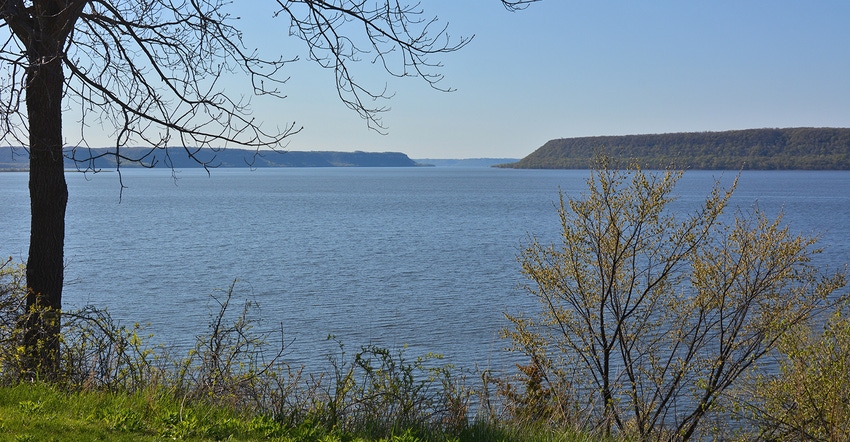January 10, 2019

The co-chairs of the Minnesota Legislative Water Commission recently sent a letter to the state Senate and House of Representatives that lists the commission’s water policy priorities for 2019.
Co-chairs state Rep. Paul Torkelson, R-Hanska, and state Sen. Charles Wiger, DFL-Maplewood, compiled the letter based on feedback from LWC members, agency staff and stakeholders.
LWC priority issues for the 2019 legislative session are to:
• Ensure clean and sustainable drinking water.
• Protect and enhance streams, lakes and groundwater.
• Ensure that the state is prepared to manage for future conditions. Changes in flooding, drought, land use and population are examples of things that are affecting water, wildlife and infrastructure.
Based on the issues identified, the LWC recommends the following legislative actions:
1. Improve source water protection for drinking water — groundwater, rivers and private wells. Legislation is needed to identify and protect vulnerable aquifers and rivers. Land-use incentives and water-quality trading likely will be keys to LWC protection efforts. Legislative support also is requested for permanent funding to encourage market-driven incentives for establishing continuous vegetative crops in wellhead protection areas, over vulnerable aquifers, and in watersheds that supply drinking water from rivers.
2. Upgrade aging water infrastructure, and enhance technical and management support of water infrastructure for small towns. Much can be accomplished through increased and permanent general obligation bonding. However, increased support for small towns and cities also should include cost-effectiveness reviews, support for alternative best management practices, asset management reviews, and guidance for market-based water-quality trading options among willing communities.
3. Increase efforts to keep water on the land by incentivizing best management practices. Support is requested for cost benefit analyses of BMPs focused on identifying the most productive incentives at specific locations and under specific land-use conditions. Stakeholders recommend that pilot water-quality trading and banking programs for stormwater and wastewater be encouraged to improve water quality, and that support should be considered to address a pollutant-exchange mechanism. Finally, a recommendation is needed to provide a better understanding of the extent of tile drains and ditches, as well as their hydrologic consequences.
4. Protect and preserve water for future generations. A process is needed to prepare for flooding, drought, land use and population changes that are beginning to affect hydrology, water, wildlife and infrastructure.
5. Ensure clean and sustainable sources of groundwater by expanding support for data collection and analysis. Legislation is requested to provide water-quality trading to protect vulnerable aquifers, to make better use of the information we collect, to coordinate water planning and to increase public education.
6. Improve soil health with adequate research and outreach. Permanent legislative support is requested for the University of Minnesota’s Soil Health Program, now supported using Clean Water funds. Support also is requested to prepare a university-agency soil-health action plan that is focused on research and outreach to improve soil health, agriculture and water quality.
7. Protect Minnesota’s lakes for the future. The first step is legislative direction for an agency lake management policy plan.
8. Enhance water education, since educational entities currently operate in silos. A central platform is needed to connect volunteers and education professionals with curriculum to enable water education.
9. Provide peer review of wastewater standard revisions.
10. Fix leaking sewers that increase wastewater treatment costs
11. Increase the Minnesota Department of Health Drinking Water Service Connection Fee to $9.72 per year per connection, up from 2005’s $6.36.
12. Stop the overuse of salt de-icers.
13. Provide long-term viability for the LWC with legislation.
Source: LWC, which is solely responsible for the information provided and is wholly owned by the source. Informa Business Media and all its subsidiaries are not responsible for any of the content contained in this information asset.
You May Also Like




